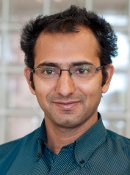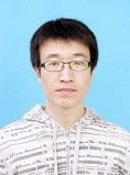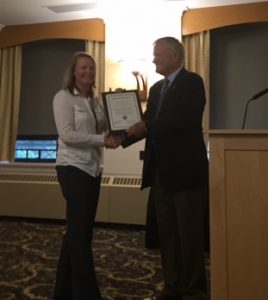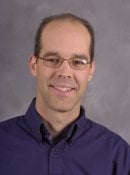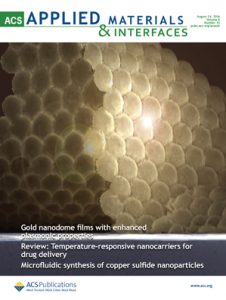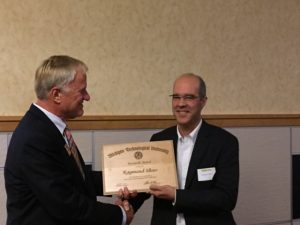 Raymond Shaw has been awarded the 2016 Michigan Tech Research Award for his outstanding achievement in atmospheric research and scholarly endeavor. Read more about about professor Shaw’s research and the cloud physics research laboratory here.
Raymond Shaw has been awarded the 2016 Michigan Tech Research Award for his outstanding achievement in atmospheric research and scholarly endeavor. Read more about about professor Shaw’s research and the cloud physics research laboratory here.
Will Cantrell (Physics) and Claudio Mazzoleni (Physics) are Co-PIs on the project, “An Investigation of the Suitability of a Laboratory Cloud Chamber for Optical Radiative Transfer Measurements.”
This is the first year of a two-year project potentially totaling $316,374.
